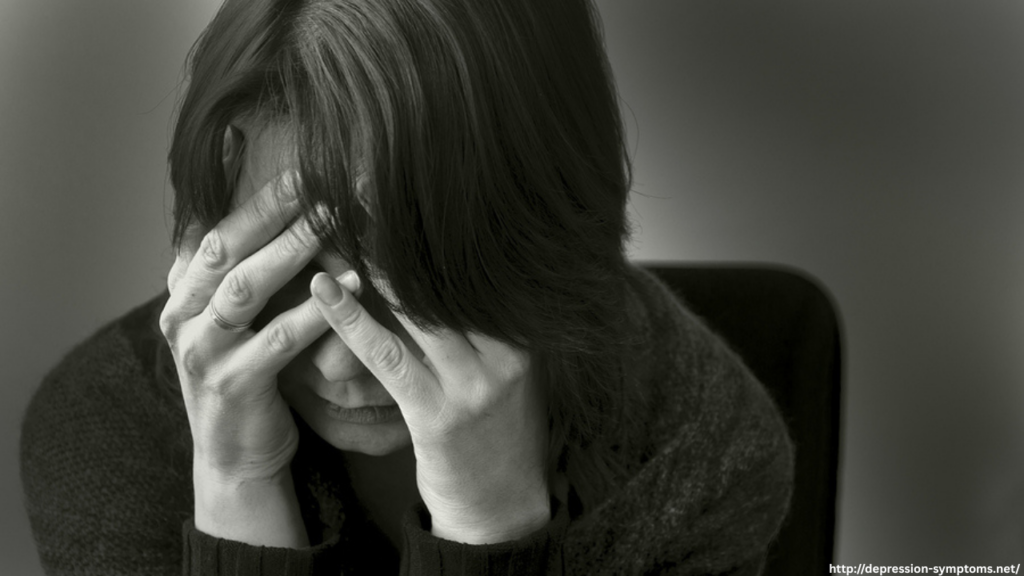
Depression is a multifaceted condition that affects people in different ways. It is not just a matter of feeling sad; depression can manifest across a broad spectrum of emotional, physical, and cognitive symptoms. Some of these symptoms are subtle and may go unnoticed, while others can be more obvious and debilitating. Understanding the full spectrum of depression symptoms is crucial for recognizing the condition and seeking the appropriate help.
Fatigue: More Than Just Being Tired
One of the most common yet overlooked symptoms of depression is fatigue. However, fatigue in depression is not just about feeling sleepy or tired after a long day. It is a persistent lack of energy that doesn’t improve with rest. Individuals with depression often describe feeling physically drained, as if every task—whether big or small—requires monumental effort. This exhaustion can affect every aspect of life, from the ability to work to the capacity to engage in social or household activities.
For many, the feeling of constant fatigue may be so pervasive that they struggle to get out of bed in the morning or face the day ahead. This is not just laziness but a direct consequence of the way depression affects the brain and body, making even the simplest actions feel overwhelming.
Emotional Symptoms: From Sadness to Hopelessness
The emotional toll of depression can be all-consuming. While sadness is one of the hallmark symptoms, depression often brings with it a deeper sense of hopelessness and helplessness. This feeling of despair can cause individuals to believe that things will never get better, that their circumstances are unchangeable, or that they are inherently flawed.
Hopelessness is a dangerous symptom of depression because it can lead to suicidal thoughts. The belief that things will never improve can prevent people from seeking help, further isolating them from support systems. Feelings of guilt and worthlessness often accompany this hopelessness, with people blaming themselves for perceived failures or for being a burden to others.
Cognitive Symptoms: Impaired Thinking and Concentration
Depression doesn’t just affect emotions—it also impacts cognitive function. Individuals with depression often find it difficult to concentrate, focus, or remember things. This can interfere with work, studies, and daily tasks, making individuals feel even more overwhelmed.
For some, the constant mental fog is a source of frustration, as they may feel as though their minds are “cluttered” and unable to function properly. Depression can also distort thinking, leading to negative self-talk and rumination, where individuals dwell on perceived mistakes or failures, further reinforcing the cycle of despair.
Physical Symptoms: The Body’s Response to Depression
Depression also has significant physical symptoms that are often overlooked or misunderstood. These can range from chronic aches and pains to changes in appetite and sleep.
- Sleep Disturbances: Depression can cause insomnia (difficulty sleeping) or hypersomnia (sleeping too much). Neither form of sleep disruption provides the rest the body needs, leading to a cycle of fatigue and irritability.
- Changes in Appetite: Some individuals experience a loss of appetite, while others overeat as a way of coping with emotional pain. These changes can lead to weight fluctuations, further affecting self-esteem.
- Physical Pain: It’s not uncommon for individuals with depression to experience unexplained back pain, headaches, joint pain, or digestive issues. These symptoms are often mistaken for physical illness rather than a manifestation of mental health struggles.
Behavioral Changes: Withdrawal and Avoidance
As depression worsens, people may begin to withdraw from social activities and relationships. They might stop participating in hobbies or avoid social gatherings altogether. This social isolation can make depression feel even more intense, as the individual may feel disconnected from others and alone in their struggle.
Some individuals may also resort to unhealthy coping mechanisms, such as substance abuse or self-harm, in an attempt to numb their emotional pain. These behaviors, though they may offer temporary relief, ultimately make depression worse.
Recognizing the Full Spectrum of Symptoms
Understanding the wide range of depression symptoms—from fatigue and hopelessness to physical pain and social withdrawal—is essential for recognizing the condition early. Depression is a treatable illness, but many individuals suffer in silence for years due to the stigma surrounding mental health or a lack of awareness about the condition.
If you or someone you know is experiencing a range of depression symptoms, it is important to seek help. Therapy, medication, and support from loved ones can all play a key role in managing the condition and improving quality of life. Breaking the silence around depression is the first step in creating a world where those struggling with mental health feel supported and empowered to seek the help they need.